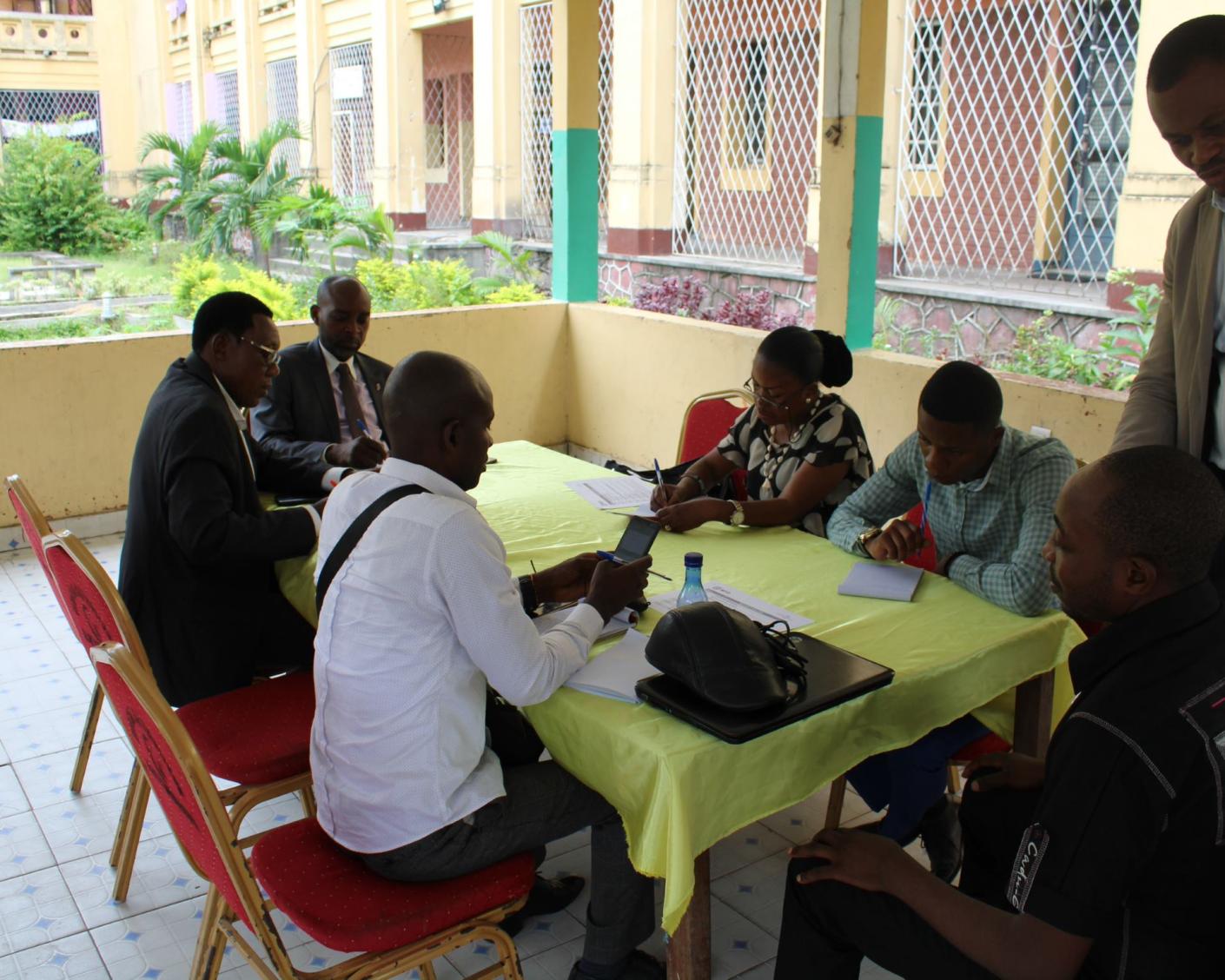Thanks to a grant from the then-FCO, WFD’s technical experts worked closely with the secretariat and political leadership to assist in identifying new ways that could help strengthen the parliamentary system. This included working with first-time legislators, helping to induct new MPs, and supporting them to develop their skills as parliamentarians and leaders.
This programme aimed to introduce new approaches with the potential to transform how parliament functions in the short and medium-term, building genuine support for reform among political and parliamentary staff leadership.
For more information on our work in DRC, or to discuss potential future collaborations, please contact info@wfd.org
Key results
Parliament identified and agreed on new operational and administrative systems to improve strategic planning, legislative processes, and internal communication
Committees and MPs are better able to operate in an open, inclusive, analytic, and gender-sensitive manner
Improved engagement channels were created between parliament, citizens, and civil society, including strengthened relationships between CENCO and the Parliament
Contact us
Congo - Kinshasa
